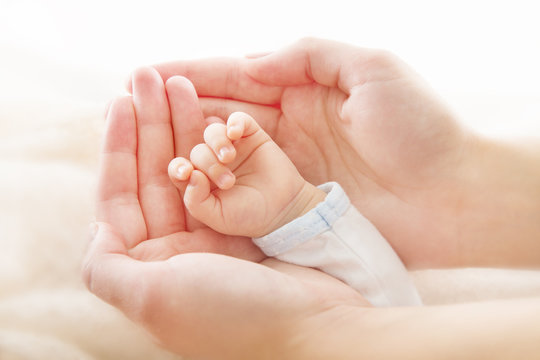
The total fertility rate in Singapore has experienced a prolonged decline over several years, and it has now dropped below 1.0 for the first time.
Do check out our list of Chinese Fertility Treatments and have time to try their services.
Singapore’s resident total fertility rate has reached a historic low, dropping below 1.0 for the first time. Preliminary estimates indicate that in 2023, the total fertility rate declined to 0.97. This marks a further decrease from the previous records of 1.04 in 2022 and 1.12 in 2021.
Minister in the Prime Minister’s Office (PMO) Indranee Rajah highlighted various reasons contributing to Singapore’s low fertility rate, including disruptions in marriage and parenthood plans due to COVID-19, concerns about the financial costs of child-raising, pressures to be exemplary parents, and challenges in balancing work and family commitments. She noted that this trend aligns with a global phenomenon where individual priorities and societal norms have shifted.
In response, the government, as part of its plans, is exploring ways to increase paid parental leave. Ms. Indranee emphasized the need for workplace adjustments, recognizing potential challenges for employers in managing extended absences of employees.
The government plans to engage with tripartite partners to explore further enhancements in measures to address Singapore’s low fertility rate, and any proposed changes will be paced out, according to Minister in the Prime Minister’s Office (PMO) Indranee Rajah. She highlighted parents’ feedback that care needs are particularly crucial during a child’s first 18 months.
To support families, the Ministry of Social and Family Development (MSF) is increasing infant care capacity and intends to expand childminding services as an additional option. MSF will also lower childcare fee caps in anchor and partner operator preschools by S$40 in 2025. Additionally, measures announced in Budget 2023, such as extending government-paid paternity leave to four weeks, aim to provide increased support for parents and families.
The government aims to mandate additional leave for fathers “as soon as possible” to ensure that more fathers can benefit from the extended government-paid paternity leave.
Flexibility in Workplace
In addition to providing extended leave, the government is exploring sustainable measures, such as flexible work arrangements, to assist parents in balancing work and family commitments, according to Minister in the Prime Minister’s Office (PMO) Indranee Rajah. She emphasized that employers’ abilities to meet business needs will be crucial in maintaining such flexibility.
Acknowledging potential challenges, particularly for small- and medium-sized enterprises (SMEs), in adopting flexible work arrangements, Ms. Indranee stated that the government is considering ways to assist all employers in implementing these arrangements effectively and managing their teams productively. She also highlighted the importance of employer support, including family-friendly office features such as lactation rooms.
Building owners are encouraged to voluntarily offer family-friendly features beyond the minimum Code requirements, and for premises lacking space, commercially available lactation pods are suggested, according to Minister in the Prime Minister’s Office (PMO) Indranee Rajah. She stressed the need for a collective effort to cultivate a family-friendly workplace culture, stating that everyone, including parents, employers, and co-workers, plays a role in fostering such an environment.




